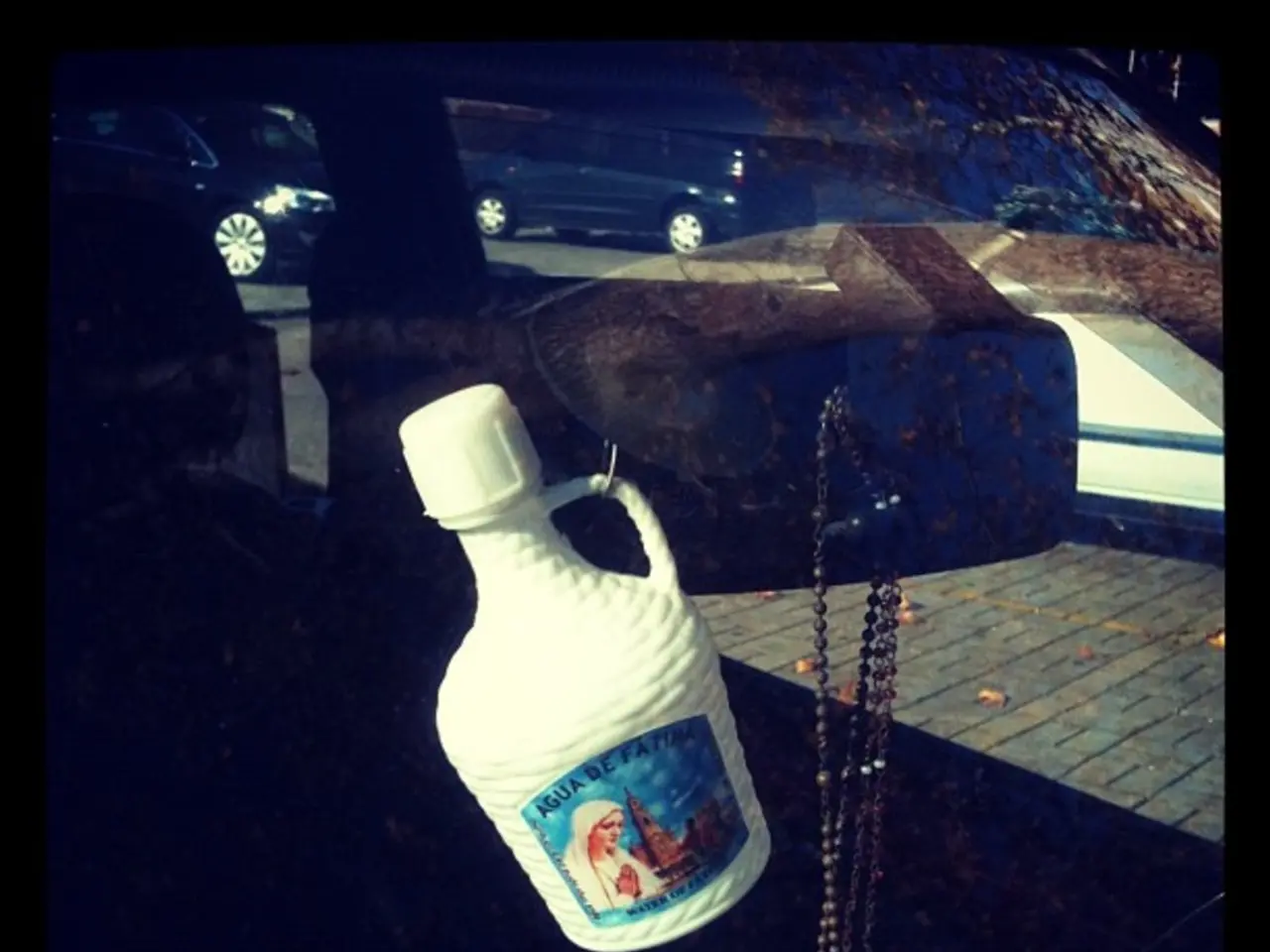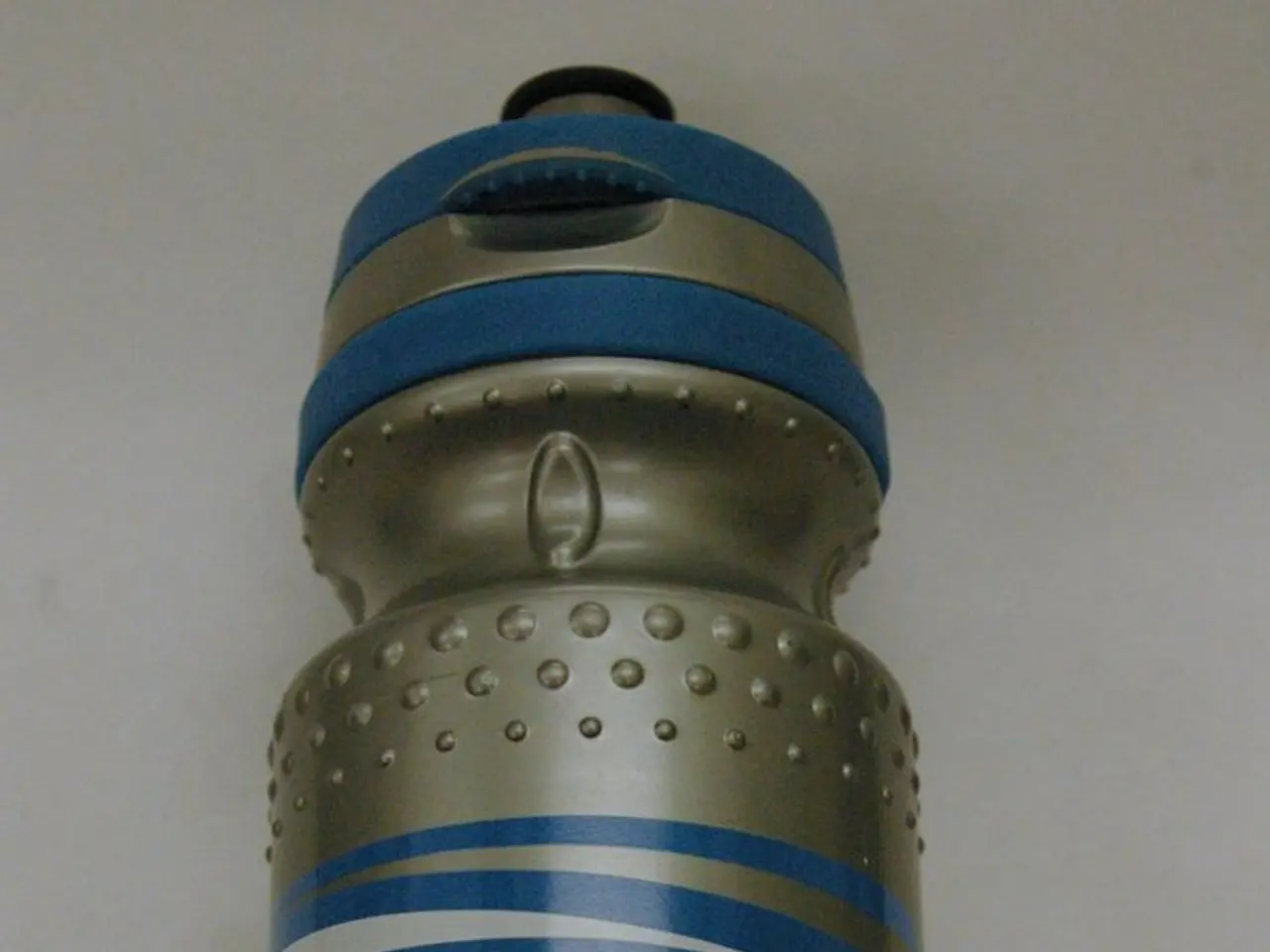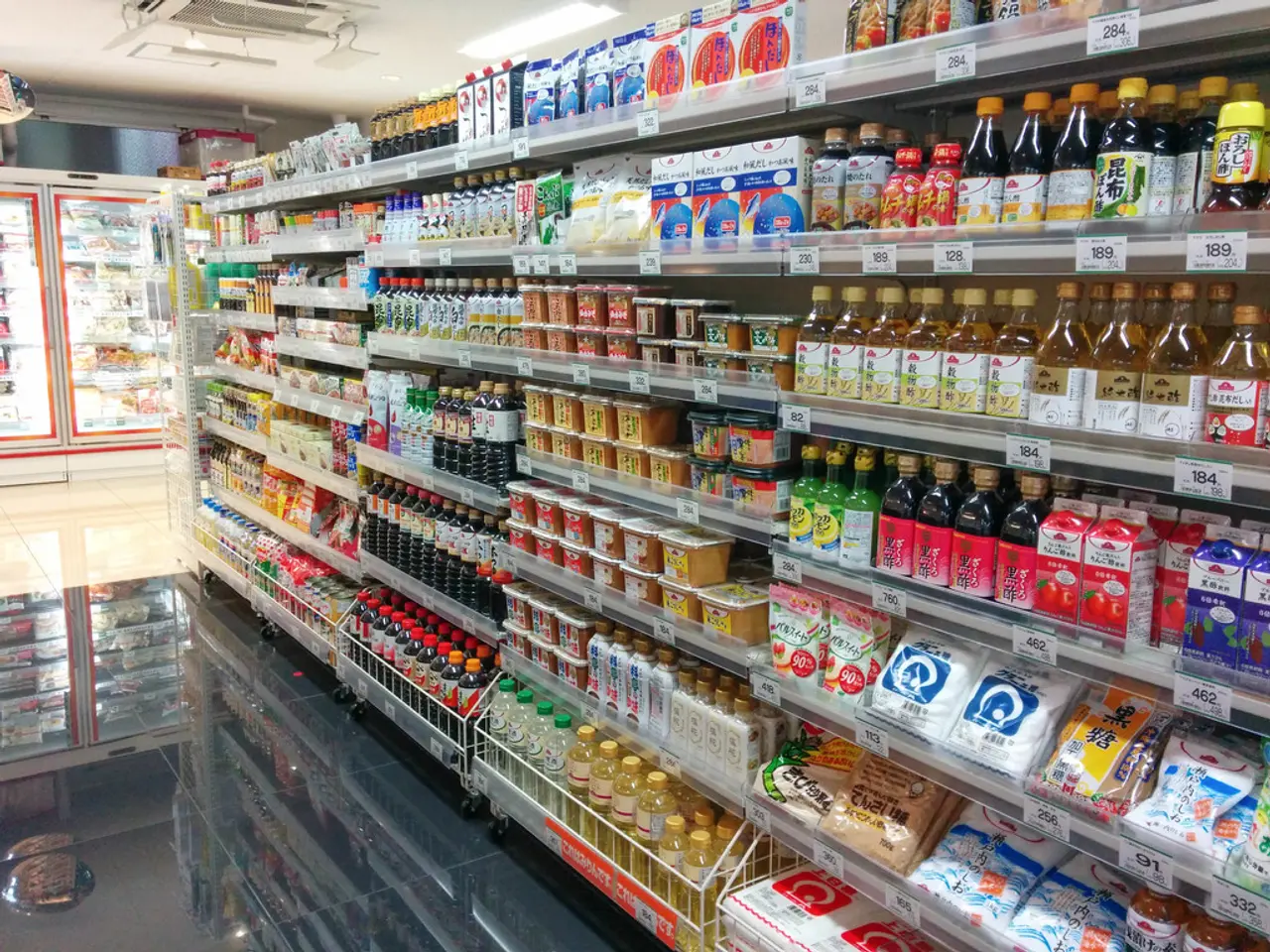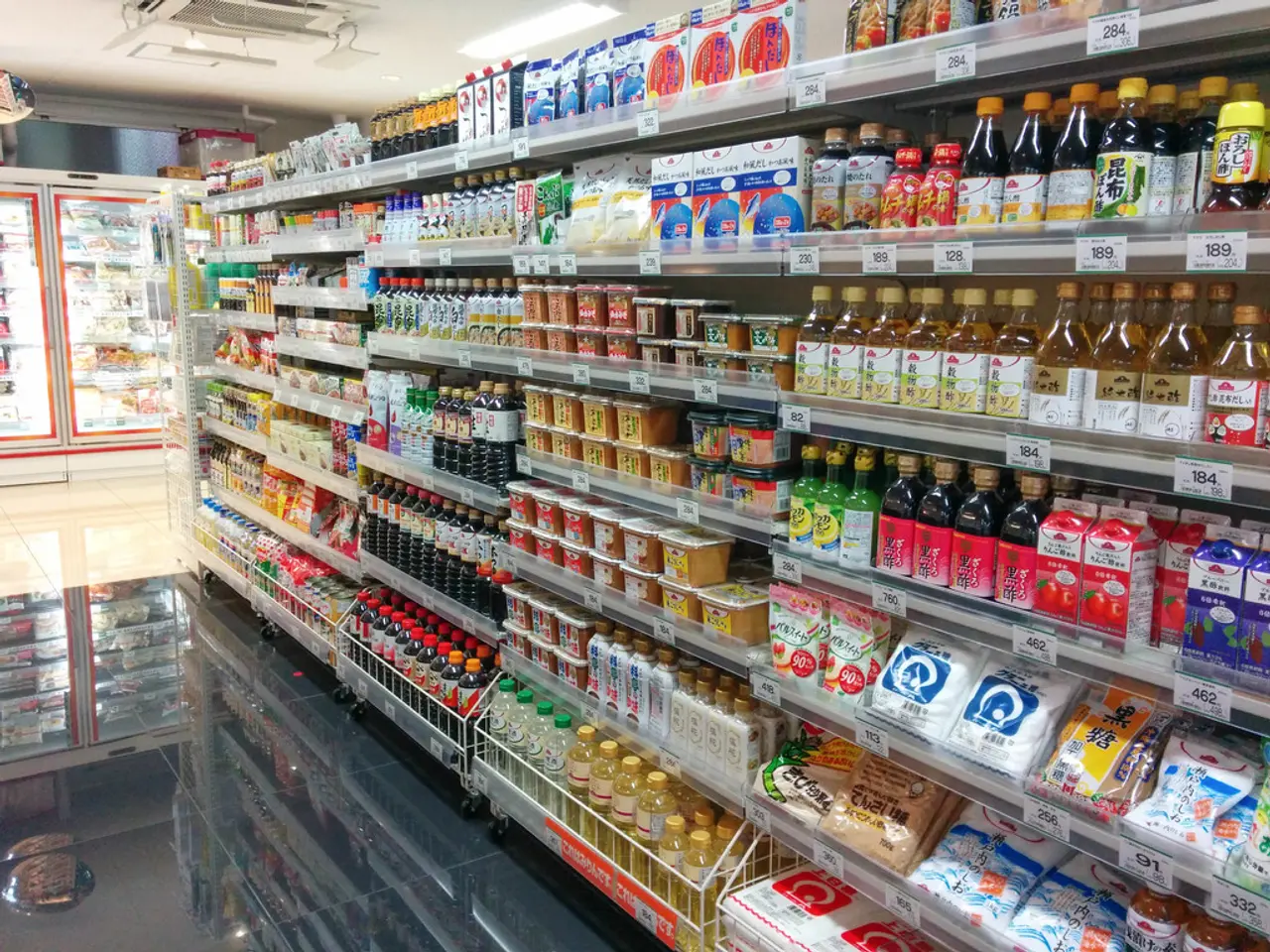Expensive Security Measures Implemented for Acquired Assets
The recent EU-USA customs agreement, which imposes a 15% tariff on most European goods exported to the United States, has sparked a mixed reaction in the Hessian economy. For Hesse, a region with a strong pharmaceutical and chemical industry presence, the implications are significant.
The agreement, however, establishes zero-for-zero tariffs (duty-free trade) on certain strategic products, including certain chemicals and generic pharmaceuticals. This benefits Hessian businesses engaged in these industries by reducing costs and preserving competitiveness.
For pharmaceutical and chemical exports not covered by zero tariffs, increased costs due to the new 15% tariff could reduce profit margins and price competitiveness in the U.S. market. On the other hand, strategically important chemicals and generics classified under zero-for-zero tariff lists provide relief for export segments of Hessian firms dealing with those products.
The continued exclusion of steel and aluminum products from tariff reductions maintains high tariffs (50%) for those sectors, though this is less relevant for pharmaceuticals and chemicals.
To mitigate the impact on Hessian businesses, several solutions and initiatives are proposed or underway. These include expanding the zero-for-zero tariff list, introducing a quota system for steel and aluminum tariffs, strengthening transatlantic cooperation in energy and critical raw materials, encouraging local sourcing and reshoring production, and further negotiations and stakeholder engagement.
The EU Commission is working to add more products to the zero-tariff category, potentially benefiting more chemical and pharmaceutical goods from Hesse. A quota system for steel and aluminum tariffs aims to limit punitive tariffs, providing consistency for industries reliant on these raw materials. Strengthened transatlantic cooperation in energy and critical raw materials ensures stable supplies and strategic sourcing, indirectly supporting Hessian chemical industries that depend on energy and raw inputs. Encouragement of local sourcing and reshoring production may stimulate investments in manufacturing capabilities within the EU and Hesse overall, potentially offsetting tariff-related disadvantages.
In summary, while the 15% tariff on many products presents a cost challenge for the pharmaceutical and chemical sectors in Hesse, the exemption of key chemicals and generics from tariffs, ongoing efforts to expand these exemptions, and initiatives supporting supply chain stability collectively aim to mitigate adverse effects on Hessian businesses. The EU continues to seek to refine the agreement details and reduce trade barriers, offering opportunities for Hessian companies to participate in shaping favorable trade conditions.
[1] European Commission. (n.d.). EU-US Trade and Technology Council. Retrieved from https://trade.ec.europa.eu/doclib/press/index.cfm?id=2272 [2] European Commission. (n.d.). EU-US Trade and Technology Council: Joint Statement. Retrieved from https://trade.ec.europa.eu/doclib/press/index.cfm?id=2273 [3] European Commission. (n.d.). EU-US Trade and Technology Council: Roadmap to action. Retrieved from https://trade.ec.europa.eu/doclib/press/index.cfm?id=2274 [4] Association of Hessian Entrepreneurs' Associations (VhU) & Chamber of Industry and Commerce (IHK) in Hesse. (2021, July 16). EU-US trade agreement: Calming pill with a high price tag for Hessian companies. Retrieved from https://www.vhu.de/aktuell/pressemitteilungen/2021/eu-us-handelsabkommen-ruhepillen-mit-hoher-preis-fuer-hessische-unternehmen/ [5] European Commission. (n.d.). EU-US Trade and Technology Council: Joint Statement. Retrieved from https://trade.ec.europa.eu/doclib/press/index.cfm?id=2273
- The zero-for-zero tariffs on certain chemicals and generic pharmaceuticals, as established in the EU-USA customs agreement, benefits Hessian businesses engaged in these industries by reducing costs and preserving competitiveness, aiding the finance and growth of these companies.
- For pharmaceutical and chemical exports not covered by zero tariffs, the increased costs due to the new 15% tariff could lead to reduced profit margins and price competitiveness within the finance sector, causing potential strain on Hessian businesses in these industries.




